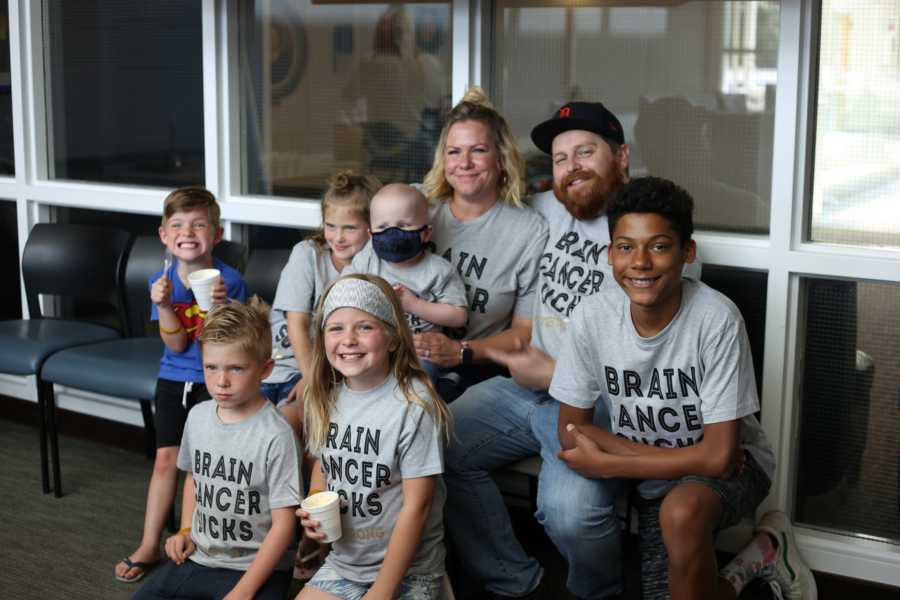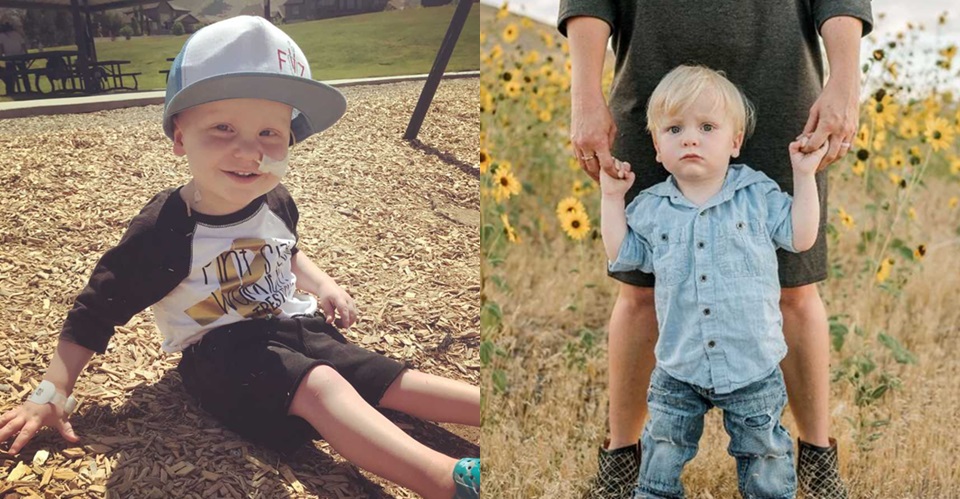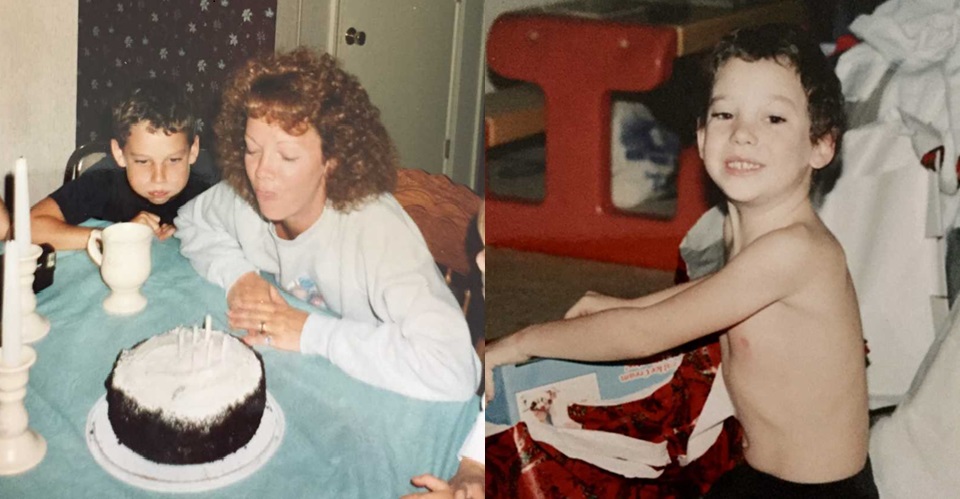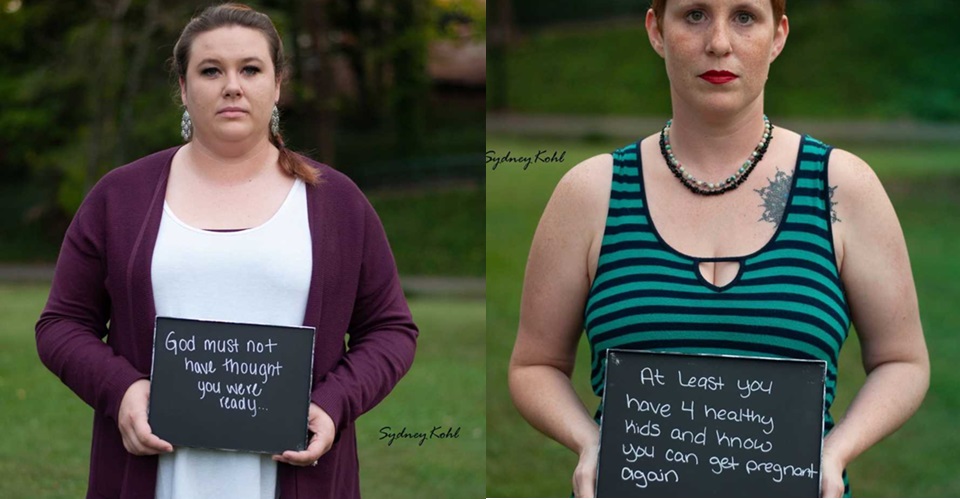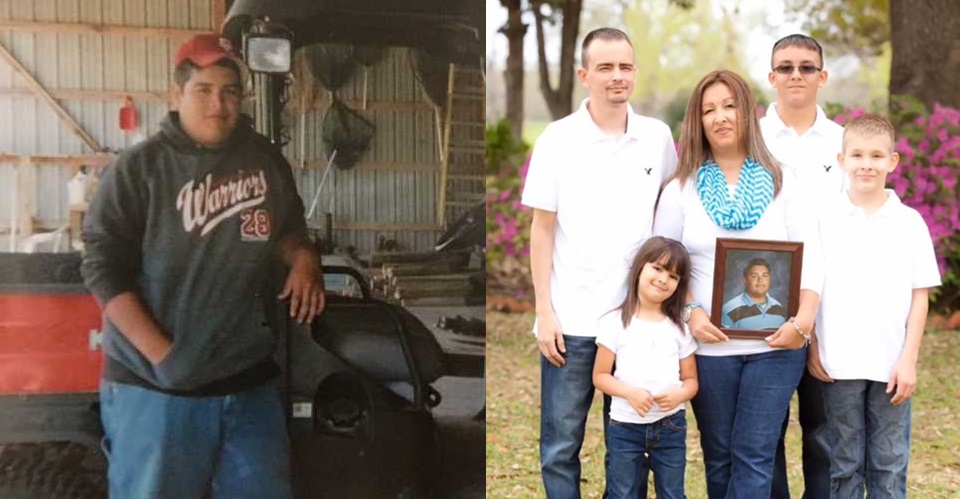Sometimes life has a way of spinning you so hard that you barely recognize where you’ve landed. That was what happened to Alison Quenneville when her two-year-old son, Tre, was diagnosed with brain cancer. What started as clumsiness, a toddler wobbling into walls, became the nightmare no parent ever imagines. At first, she brushed it off—toddlers trip, stumble, and bounce back up—but her instincts kept whispering. Something about the way Tre held the wall when he walked felt off. She mentioned it to family, friends, and the pediatrician at his two-year checkup. Most people thought it was nothing. The pediatrician wasn’t alarmed either, but he trusted her gut enough to send her to a neurologist. That small decision may have saved Tre’s life.
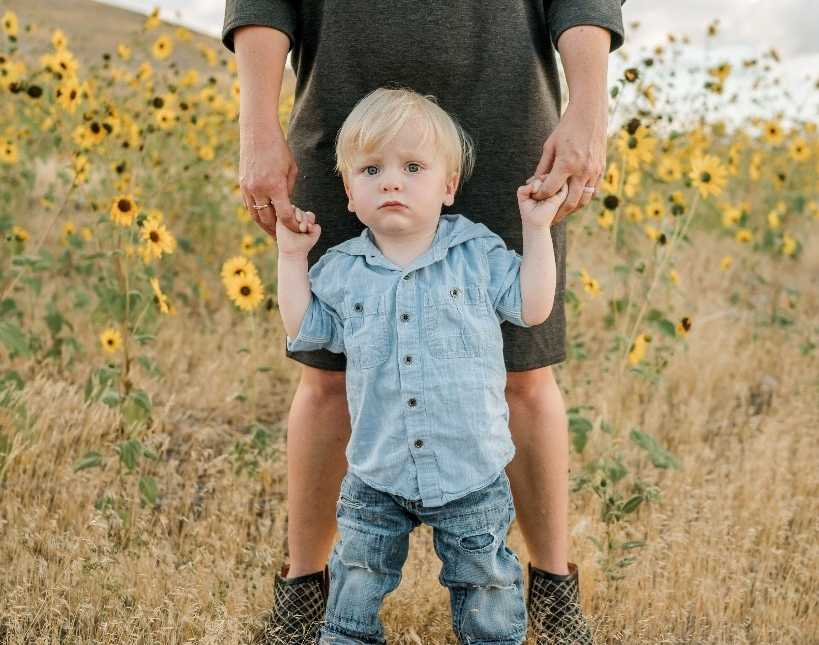
Two weeks later, Alison sat in a waiting room, convincing herself she was being paranoid. It was supposed to be a chill day. Get the MRI, drink, and maybe wander the Target aisles for retail therapy. She didn’t bring anyone because she didn’t expect bad news. The world tilted when the nurse came out after only ten minutes and asked if she was alone. A mass had been found on the bottom of Tre’s brain. Life as she knew it was gone.
Her husband flew back into town that night, and her family rallied. By the next morning, Tre was in surgery. The mass looked like medulloblastoma, a rare and aggressive childhood brain cancer. The diagnosis was confirmed not long after, stage four, with spots on his spine. Parents are never prepared to hear those words, yet here she was, living them.
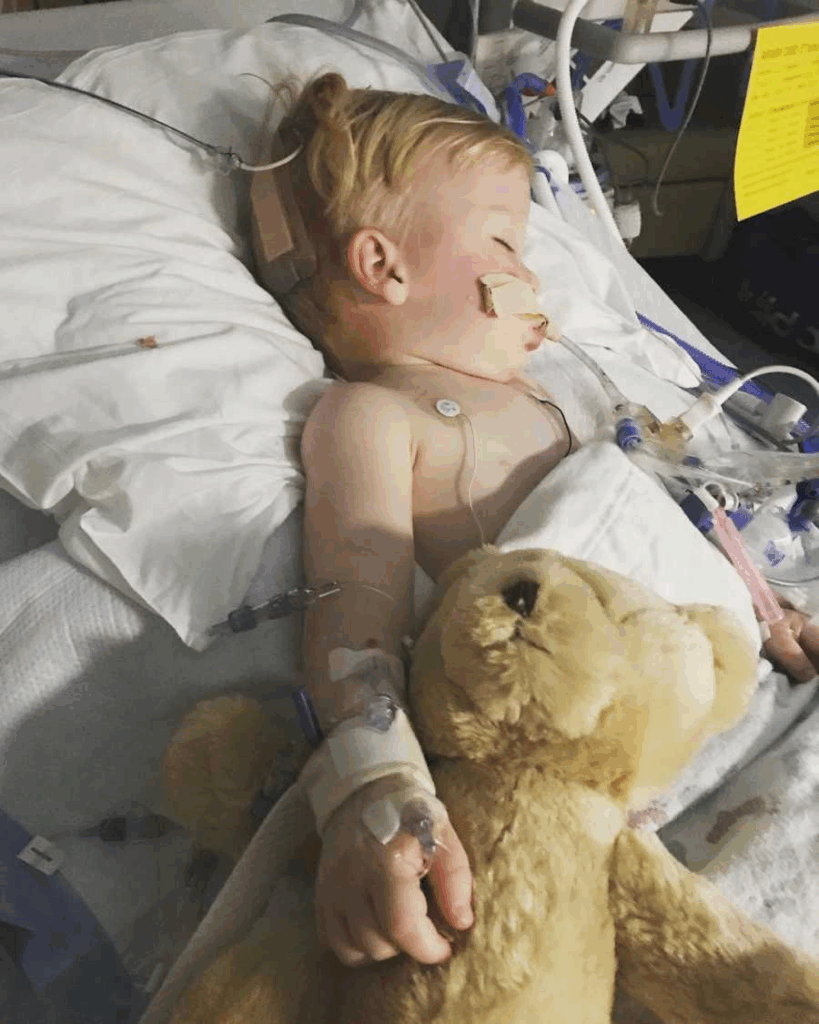
The surgery lasted twelve hours. Doctors removed the tumor, but recovery was brutal. Tre couldn’t walk, his movements were shaky, his eye was distorted. Nurses reassured her this was normal after brain surgery, but no reassurance could erase the sight of her child unable to do the things he had just done days before. What followed was weeks in the ICU, more procedures, and exhaustion that hollowed her out. She still had five other children at home who needed her, but Tre’s fight consumed her days and nights.
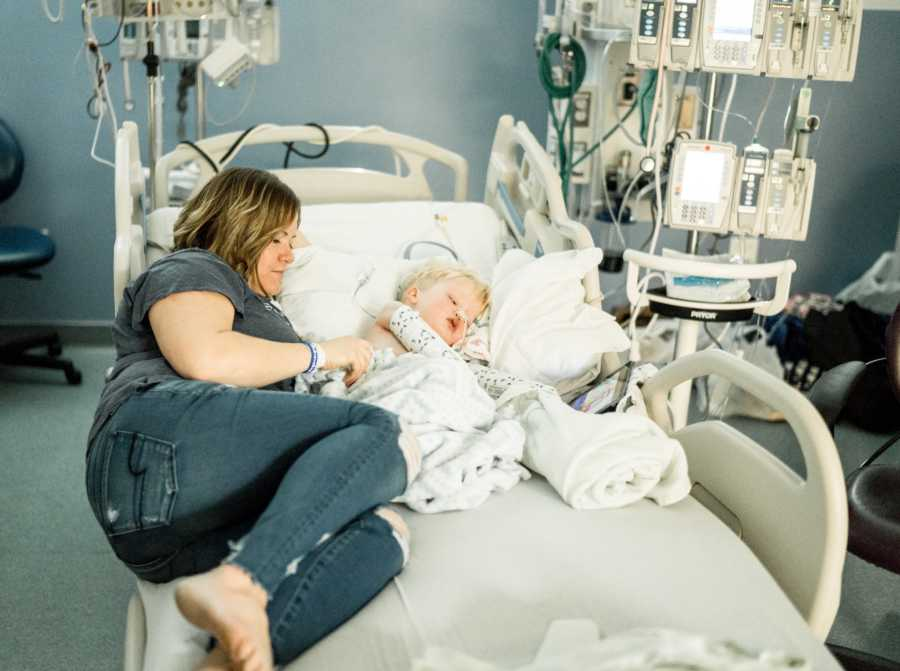
When chemotherapy began in December, just before Christmas, everything changed again. Six rounds, three stem cell transplants, endless hospital stays. Their life became measured in weeks of treatment followed by short reprieves at home before returning to start all over. Tre spent more time in a hospital bed than in his own room, and Alison felt both angry and numb watching him adapt to this new normal. He cooperated with nurses, knew the routine, as if this was just what life should be. That broke her heart the most.
Cancer has a way of robbing more than just health. One of Tre’s chemo drugs damaged his hearing. After the third round, tests showed he was already losing the ability to hear high pitches. Alison had stayed tough most days, walking the halls like a zombie just to get through, but that news shattered her. Hearing loss on top of cancer felt unbearably cruel.
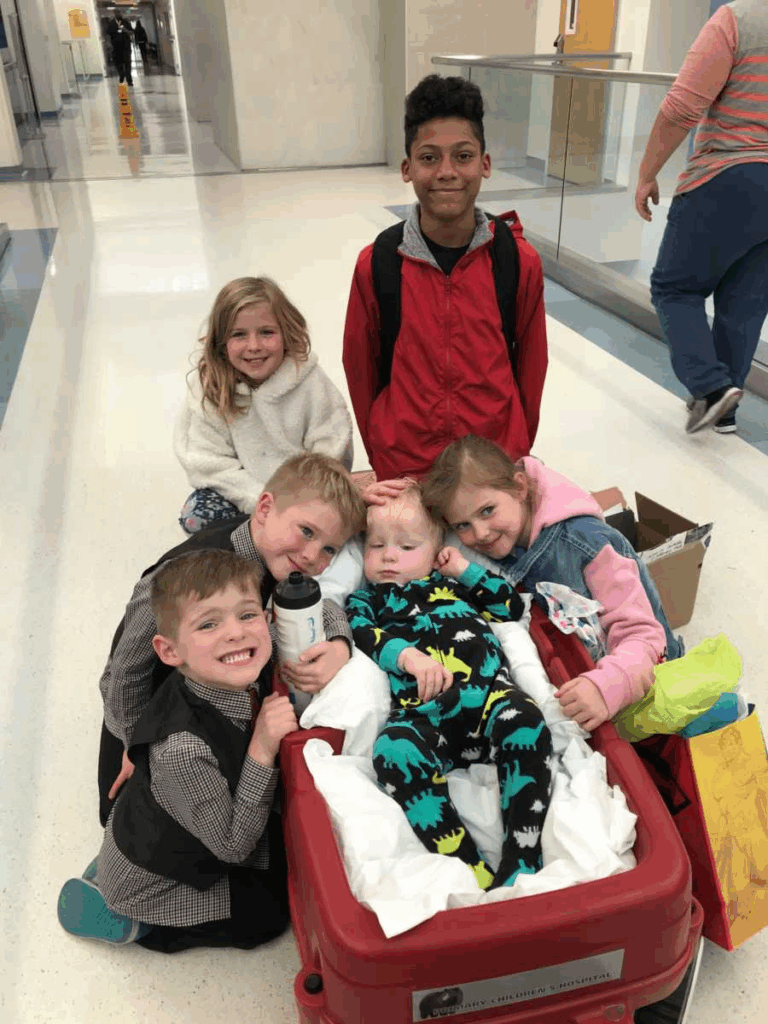
And yet, through the horror, there was light. Tre laughed, sang with the music therapists, freely gave out hugs, and yelled when he’d had enough. He showed resilience that adults twice his age might never master. His siblings missed him fiercely, but his extended family and neighbors stepped in with meals, carpools, and constant love. Money was donated, schedules were managed, and the village ensured Alison never had to worry about the kids at home while she stayed at the hospital.
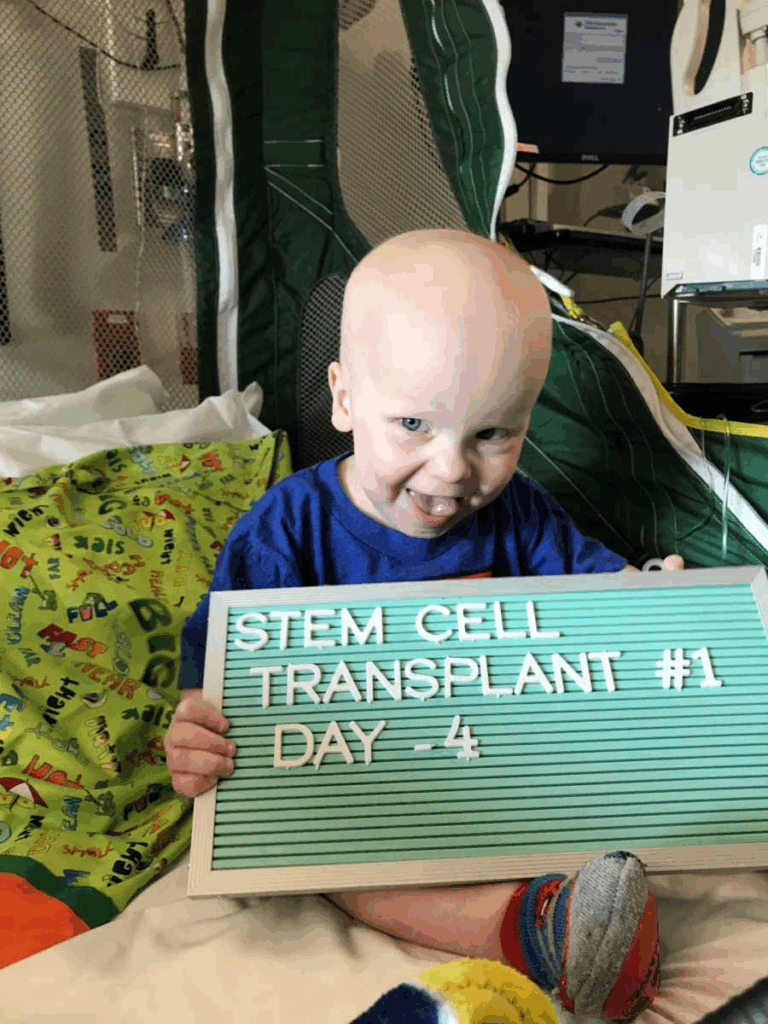
By July of 2018, the last round of treatment ended. Tre rang the chemo bell, smiling without really understanding the weight of that moment. Alison was grateful he might not remember the worst, but she also wanted him to know one day how courageous he had been. Post-treatment scans were scheduled, and doctors warned that side effects might last for years, but for the first time in months, there was breathing room. She still wrestles with mixed emotions. Thankful beyond words that her child beat cancer, but also angry and sad for the way it tore through their lives. Guilty, even, because she knows other mothers who don’t get to celebrate survival. Cancer is cruel like that, handing out pain with no fairness, no reason.
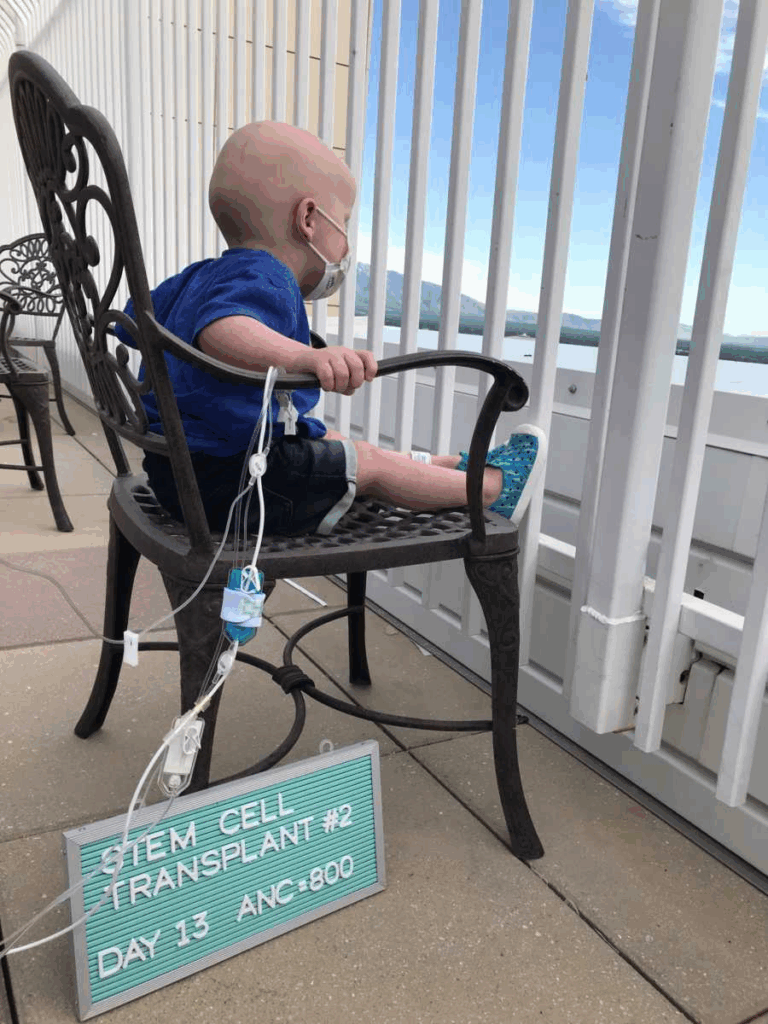
Her faith wavered, broke, and rebuilt itself in new ways. Some days she couldn’t pray at all. Other days, she clung to belief just to keep from falling apart. Through it all, she learned that perspective is everything. Cancer stripped her family bare, but it also made them love harder, laugh louder, and cling to one another with a fierceness that nothing could shake. Alison knows cancer will always be part of Tre’s story, but she also knows it will not be the only part. What matters is that he lived, fought, and inspired everyone around him with his strength. In the end, love was what mattered most.
